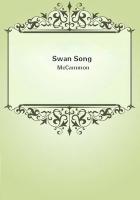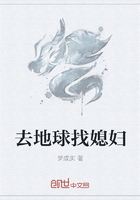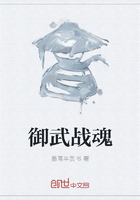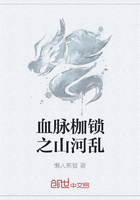"No. Here shall you be beaten before all the world and this shameless woman who would, with her own hand, take you by the ear and call such sacrilege marriage! Stay, shameless woman."
"I am going to stay anyway," said Li Faa. She favoured the clerks with a truculent stare. "And I'd like to see anything less than the police put me out of here."
"You will never be my daughter-in-law," Mrs. Tai Fu snapped.
Li Faa nodded her head in agreement.
"But just the same," she added, "shall your son be my third husband."
"You mean when I am dead?" the old mother screamed.
"The sun rises each morning," Li Faa said enigmatically. "All my life have I seen it rise--"
"You are forty, and you wear corsets."
"But I do not dye my hair--that will come later," Li Faa calmly retorted. "As to my age, you are right. I shall be forty-one next Kamehameha Day. For forty years I have seen the sun rise. My father was an old man. Before he died he told me that he had observed no difference in the rising of the sun since when he was a little boy. The world is round. Confucius did not know that, but you will find it in all the geography books. The world is round.
Ever it turns over on itself, over and over and around and around.
And the times and seasons of weather and life turn with it. What is, has been before. What has been, will be again. The time of the breadfruit and the mango ever recurs, and man and woman repeat themselves. The robins nest, and in the springtime the plovers come from the north. Every spring is followed by another spring.
The coconut palm rises into the air, ripens its fruit, and departs.
But always are there more coconut palms. This is not all my own smart talk. Much of it my father told me. Proceed, honourable Mrs. Tai Fu, and beat your son who is my Third Husband To Be. But I shall laugh. I warn you I shall laugh."
Ah Kim dropped down on his knees so as to give his mother every advantage. And while she rained blows upon him with the bamboo stick, Li Faa smiled and giggled, and finally burst into laughter.
"Harder, O honourable Mrs. Tai Fu!" Li Faa urged between paroxysms of mirth.
Mrs. Tai Fu did her best, which was notably weak, until she observed what made her drop the stick by her side in amazement. Ah Kim was crying. Down both cheeks great round tears were coursing.
Li Faa was amazed. So were the gaping clerks. Most amazed of all was Ah Kim, yet he could not help himself; and, although no further blows fell, he cried steadily on.
"But why did you cry?" Li Faa demanded often of Ah Kim. "It was so perfectly foolish a thing to do. She was not even hurting you."
"Wait until we are married," was Ah Kim's invariable reply, "and then, O Moon Lily, will I tell you."
Two years later, one afternoon, more like a water-melon seed in configuration than ever, Ah Kim returned home from a meeting of the Chinese Protective Association, to find his mother dead on her couch. Narrower and more unrelenting than ever were the forehead and the brushed-back hair. But on her face was a withered smile.
The gods had been kind. She had passed without pain.
He telephoned first of all to Li Faa's number but did not find her until he called up Mrs. Chang Lucy. The news given, the marriage was dated ahead with ten times the brevity of the old-line Chinese custom. And if there be anything analogous to a bridesmaid in a Chinese wedding, Mrs. Chang Lucy was just that.
"Why," Li Faa asked Ah Kim when alone with him on their wedding night, "why did you cry when your mother beat you that day in the store? You were so foolish. She was not even hurting you."
"That is why I cried," answered Ah Kim.
Li Faa looked up at him without understanding.
"I cried," he explained, "because I suddenly knew that my mother was nearing her end. There was no weight, no hurt, in her blows.
I cried because I knew SHE NO LONGER HAD STRENGTH ENOUGH TO HURT
ME. That is why I cried, my Flower of Serenity, my Perfect Rest.
That is the only reason why I cried."
WAIKIKI, HONOLULU.
June 16, 1916.

